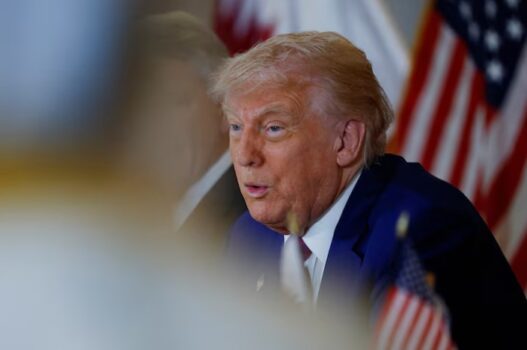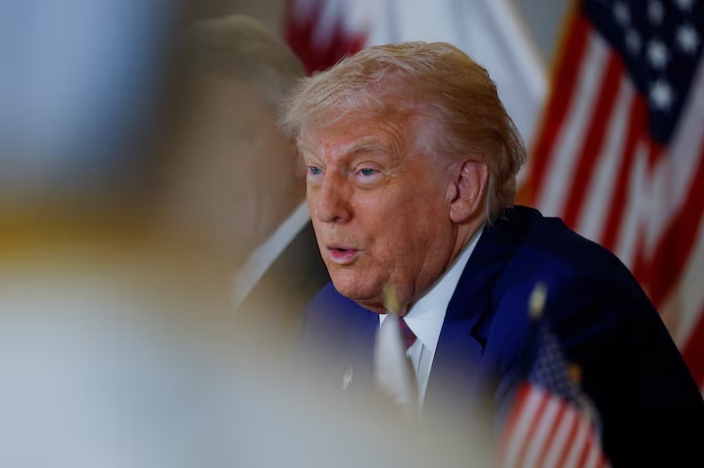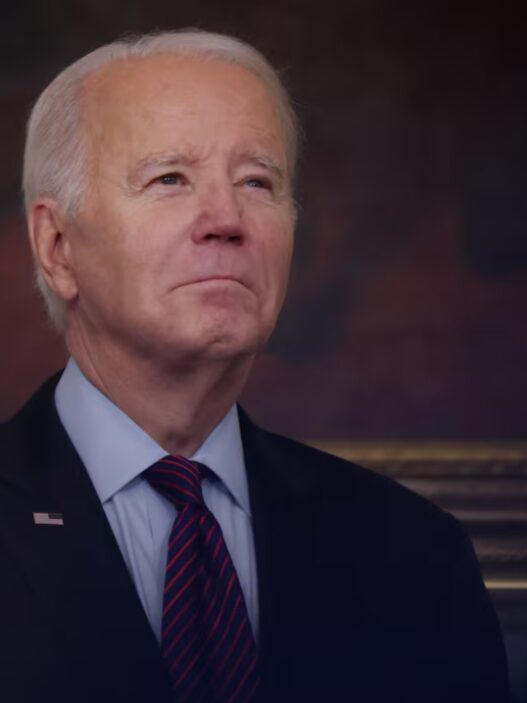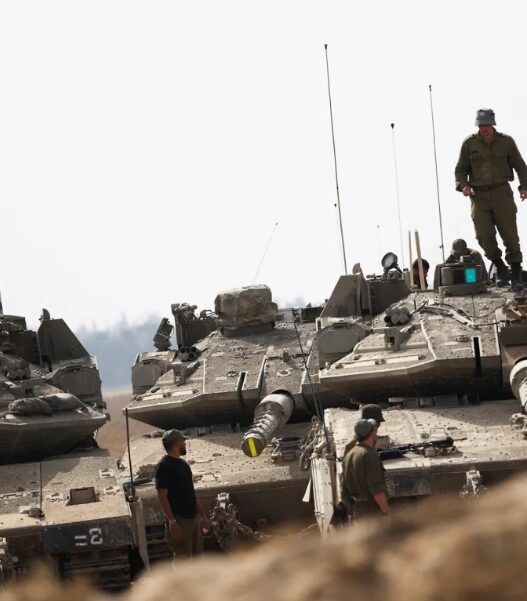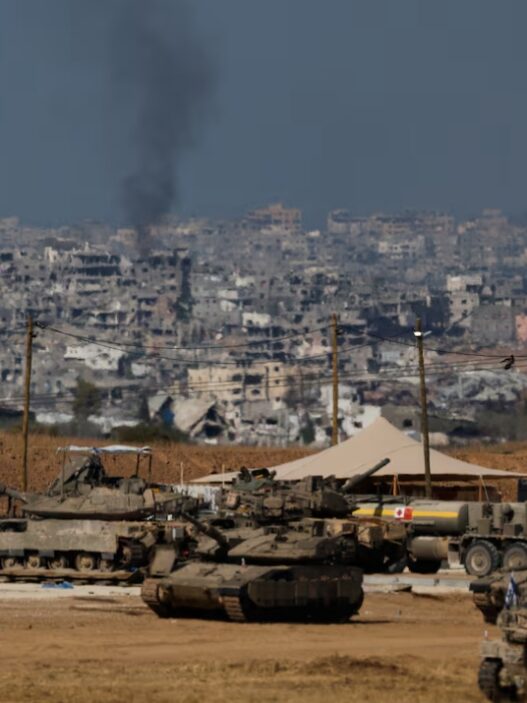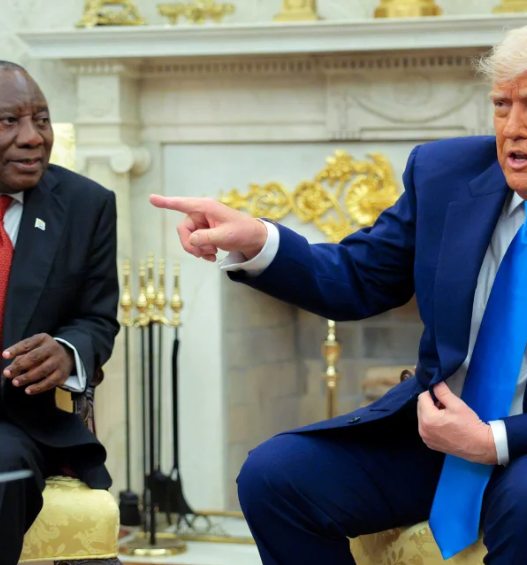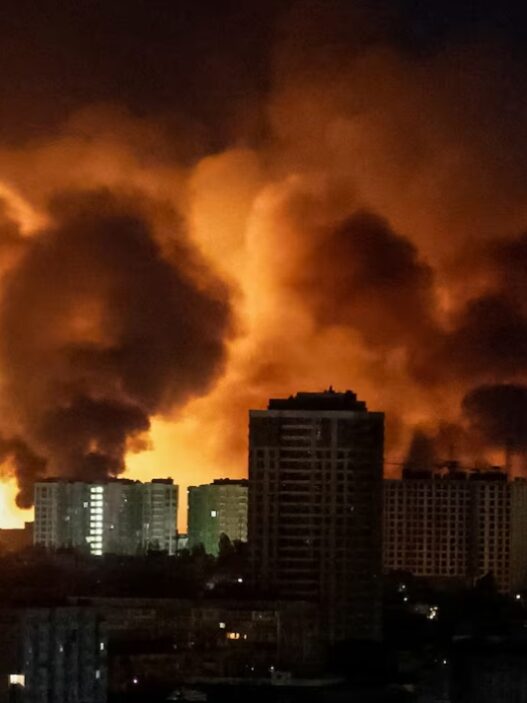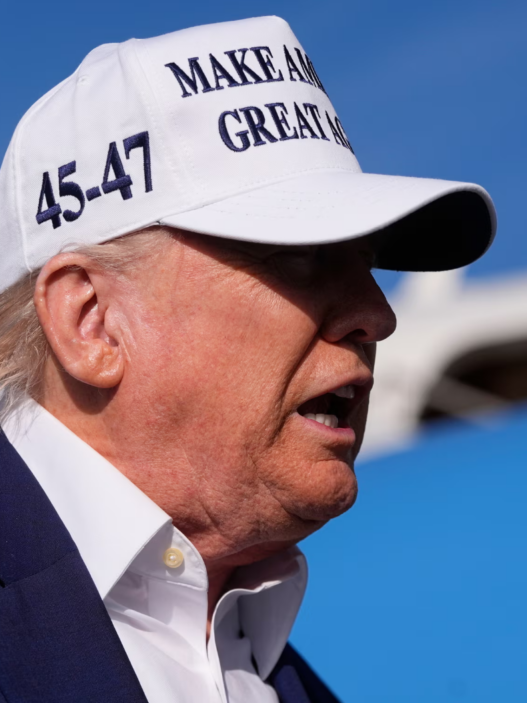President Donald Trump declared on Thursday that the United States is edging closer to a nuclear agreement with Iran, suggesting that Tehran had “sort of” agreed to the terms under discussion. During a tour of the Gulf, Trump stated in a shared AFP report that the two nations were engaged in “very serious negotiations” aimed at achieving lasting peace.
He went on to contrast two possible paths forward. One, a peaceful diplomatic solution; the other, a violent confrontation. “We’re getting close to maybe doing a deal without having to do this… there is a very, very nice step and there is the violent step, but I don’t want to do it the second way,” Trump explained, emphasizing his preference for diplomacy.
Oil Prices React as Tehran Stays Cautious
The market reacted swiftly. Oil prices dropped by nearly $2, driven by hopes that an agreement would lead to the easing of U.S. sanctions on Iranian oil exports.
Despite Trump’s optimism, an Iranian source close to the discussions noted that significant gaps remain. Negotiations held in Oman concluded on Sunday without resolution, though further meetings are anticipated. Tehran has remained firm in its position, publicly affirming its intention to continue enriching uranium—a key sticking point in the talks.
Conflicting Narratives Over New U.S. Proposal
According to a report by Axios, the U.S. presented a proposal to Iran during the fourth round of negotiations on Sunday. A U.S. official and two others with direct knowledge of the situation confirmed this development.
However, a senior Iranian official denied receiving any new plan from Washington. He stressed that Iran would never compromise on its right to enrich uranium on its own soil, signaling deep-rooted mistrust and entrenched positions on both sides.
Diplomatic Hopes Meet Political Red Lines
Both Washington and Tehran claim they prefer diplomacy. Yet critical red lines—political and technical—continue to divide the parties. These will have to be skillfully navigated if a durable agreement is to be reached.
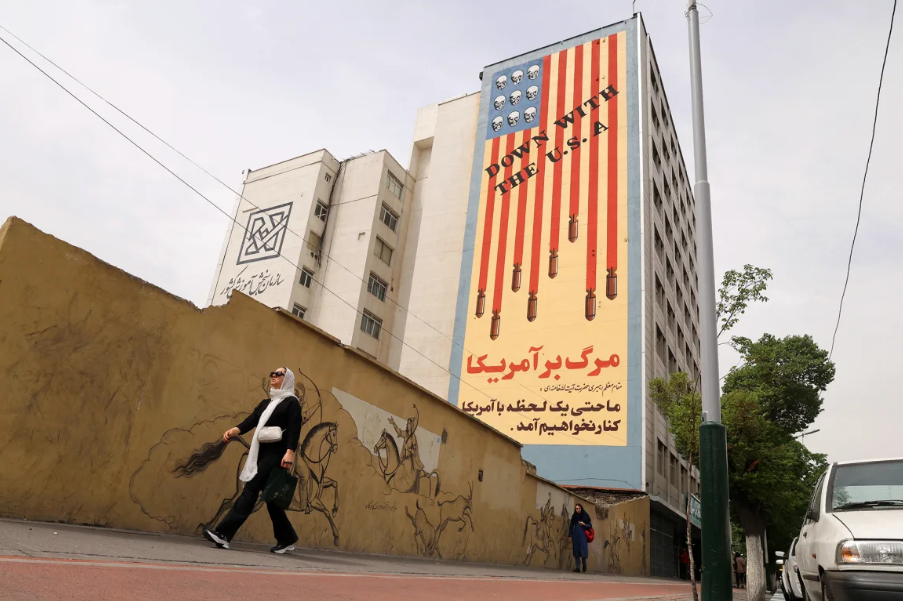
In an interview published Wednesday by NBC News, Iranian Supreme Leader Ali Khamenei’s adviser, Ali Shamkhani, indicated Iran’s willingness to strike a deal if economic sanctions are lifted. According to Shamkhani, Iran would commit to never developing nuclear weapons, dismantle its stockpile of highly enriched uranium, limit enrichment levels to those required for civilian use, and permit international inspections of its nuclear program.
Technical Complexities of Uranium Enrichment
Still, technical disputes persist. A senior Iranian official told Reuters that the notion of limiting enriched uranium to levels under 5% has always been part of the negotiations. However, they stressed that any such agreement would depend heavily on whether the U.S. is genuinely prepared to lift sanctions in a reliable and verifiable manner.
Tehran has consistently emphasized that one of its red lines is maintaining its right to enrich uranium at home. Iranian officials remain opposed to reducing their stockpile below the level set in the 2015 nuclear deal, which the Trump administration abandoned in 2018.
Iran Draws a Line at Halting Enrichment
The U.S. continues to push for a complete halt to uranium enrichment, a position Tehran strongly rejects. Iranian authorities argue that uranium enrichment is a national right protected under the Non-Proliferation Treaty (NPT).
While Iran has shown some flexibility—offering to limit the level of enrichment—this comes with clear conditions. In return, Tehran wants the full lifting of post-2018 sanctions and ironclad guarantees that the United States will not renege on the agreement again, as it did under Trump’s previous administration.
Key Obstacles in the Final Stretch
Sources familiar with Iran’s negotiating team say the country is willing to make strategic concessions. But these offers have not been met with reciprocal action. According to these sources, the U.S. is not prepared to lift major sanctions in return.
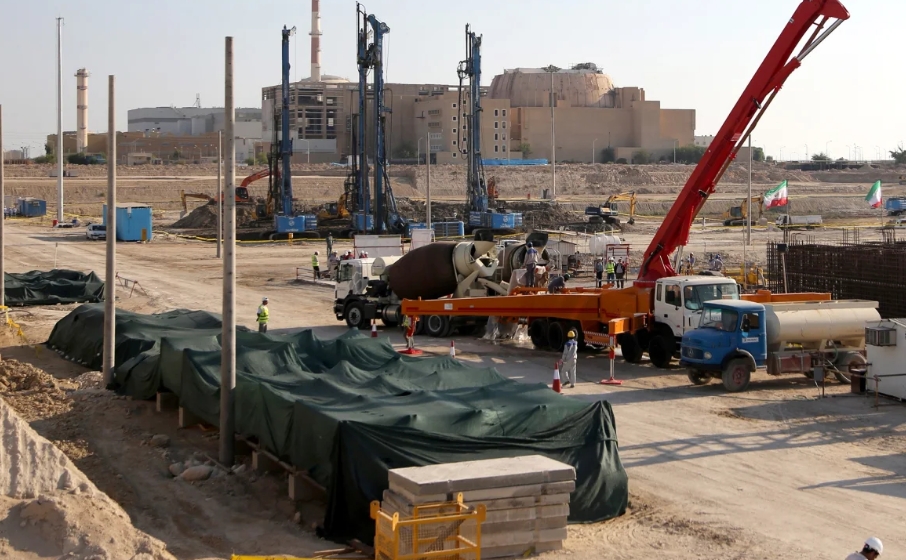
On the matter of enriched uranium stockpiles, Iran proposes reducing them in stages. The United States opposes this phased approach. There is also disagreement about where the remaining highly enriched uranium should be sent. This logistical issue remains unresolved and adds another layer of complexity to the talks.
A Deal Within Reach—But Not Yet in Hand
While both nations speak of peace and diplomacy, the reality is more complicated. Significant disputes over uranium enrichment and the lifting of sanctions continue to block the path forward. Until these core issues are addressed, a finalized nuclear deal remains out of reach, though not entirely off the table. For now, the world watches closely as two longtime adversaries inch forward—tentatively—toward a potential breakthrough.







